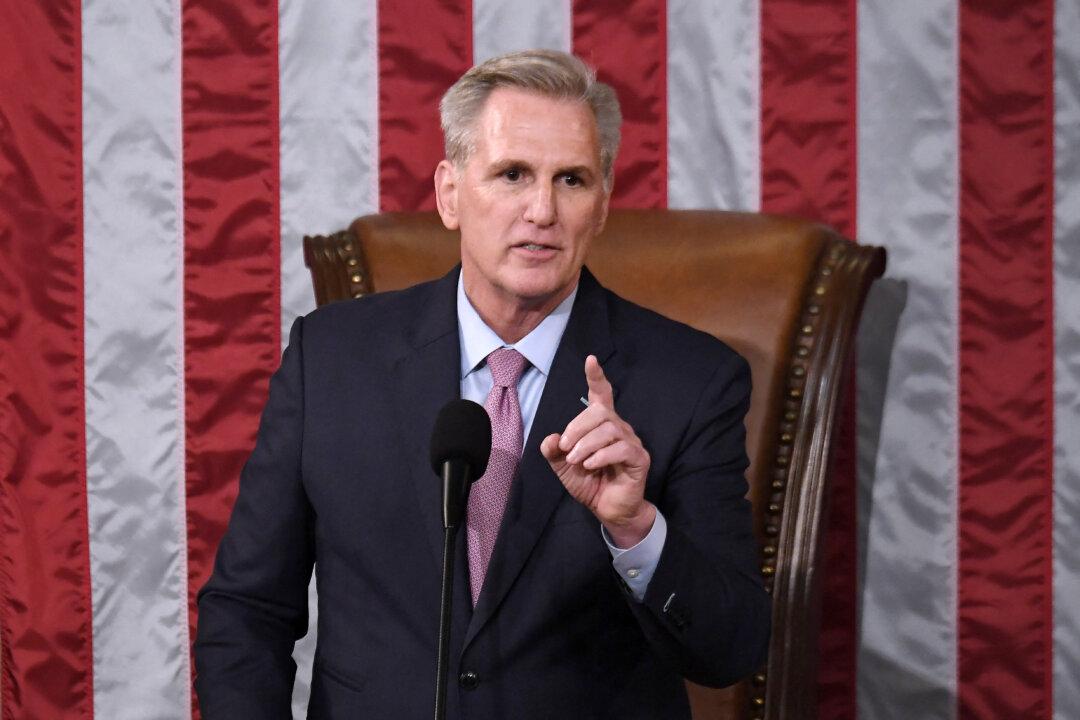Republicans on the House Rules Committee have moved the Parents’ Bill of Rights Act one step closer to a floor vote in the House.
The committee advanced the bill 9–3 along party lines. All three Democrats on the committee voted against it.

Republicans on the House Rules Committee have moved the Parents’ Bill of Rights Act one step closer to a floor vote in the House.
The committee advanced the bill 9–3 along party lines. All three Democrats on the committee voted against it.